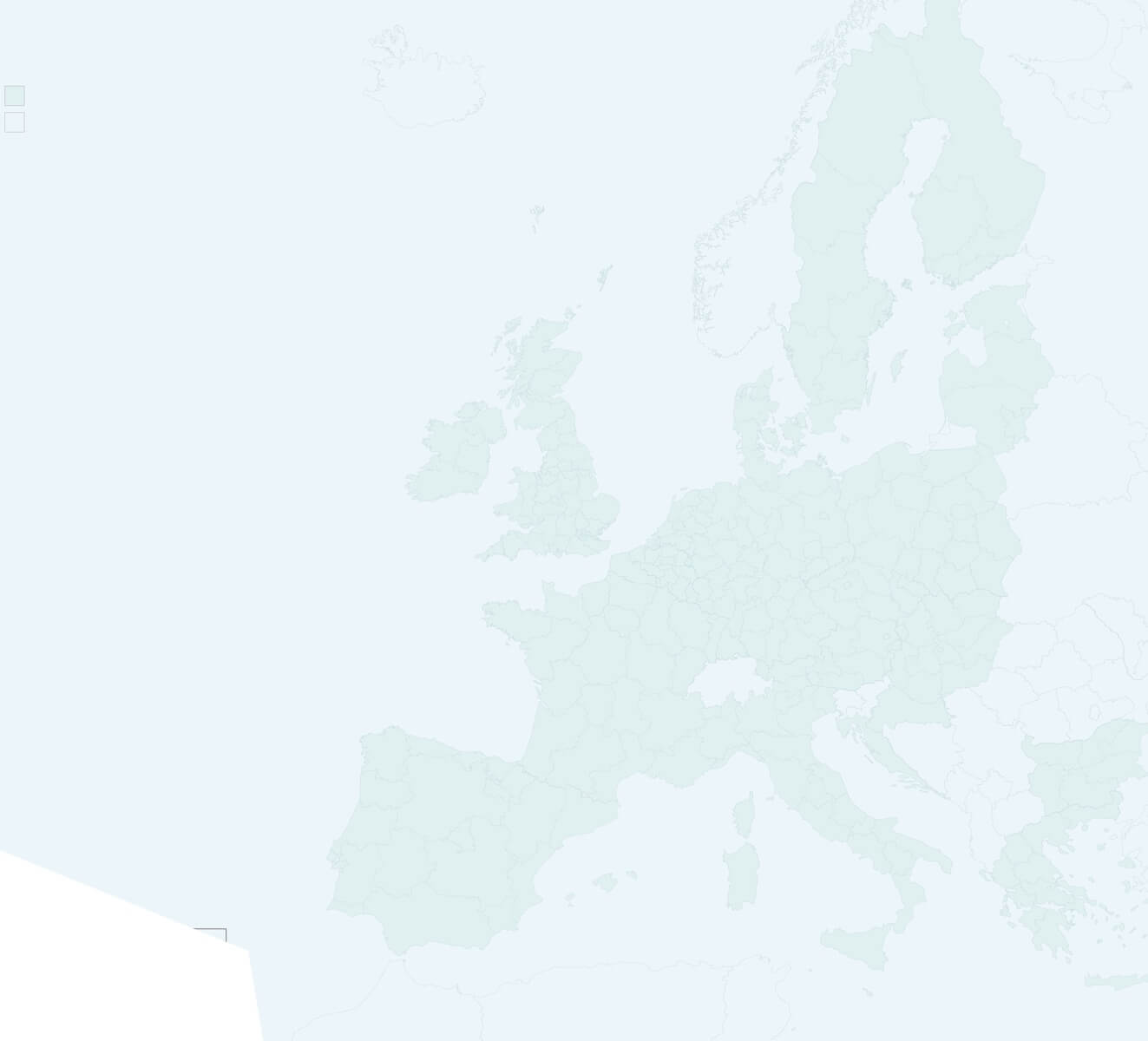Library: Initiatives
Circular bio-resources: treatment of food waste, garden waste and sludge from wastewater
Initiative
Circular bio-resources: treatment of food waste, garden waste and sludge from wastewater
About
Oslo has been developing a waste management system based on circular principles to ensure separate waste collection is maximised and transform waste into secondary raw materials. To do so it has actively engaged with citizens, farmers as well as with its city’s public transportation company.
Region
NO01 - Oslo og Akershus
Country
Norway
5P
Planet , Prosperity
Status/Progress/Experience
Since Oslo started source separating household food waste and plastic in 2012, rates of material recovery of the household waste increased significantly. In 2016, 40% of household waste was either reused or recycled, and only 3% ended in landfills.More than 150 buses in Oslo now run on biogas produced from food waste and wastewater, which helps reduce the city’s overall carbon-dioxide emissions. The liquid fertilisers used by local farmers reduce the demand for mineral fertilisers. This is beneficial because producing synthetic fertilisers involves mining limited resources such as phosphate rock.Compost and soil qualities from composting garden waste are very popular with both citizens and professional gardeners and reduce the use of other soil and compost resources based on peat. The success of the Oslo circle of garden waste has inspired the city to invite our neighbouring municipalities to further develop the production and quality of different soil products. The success has also influenced other producers and retailers to replace peat in soil products.
